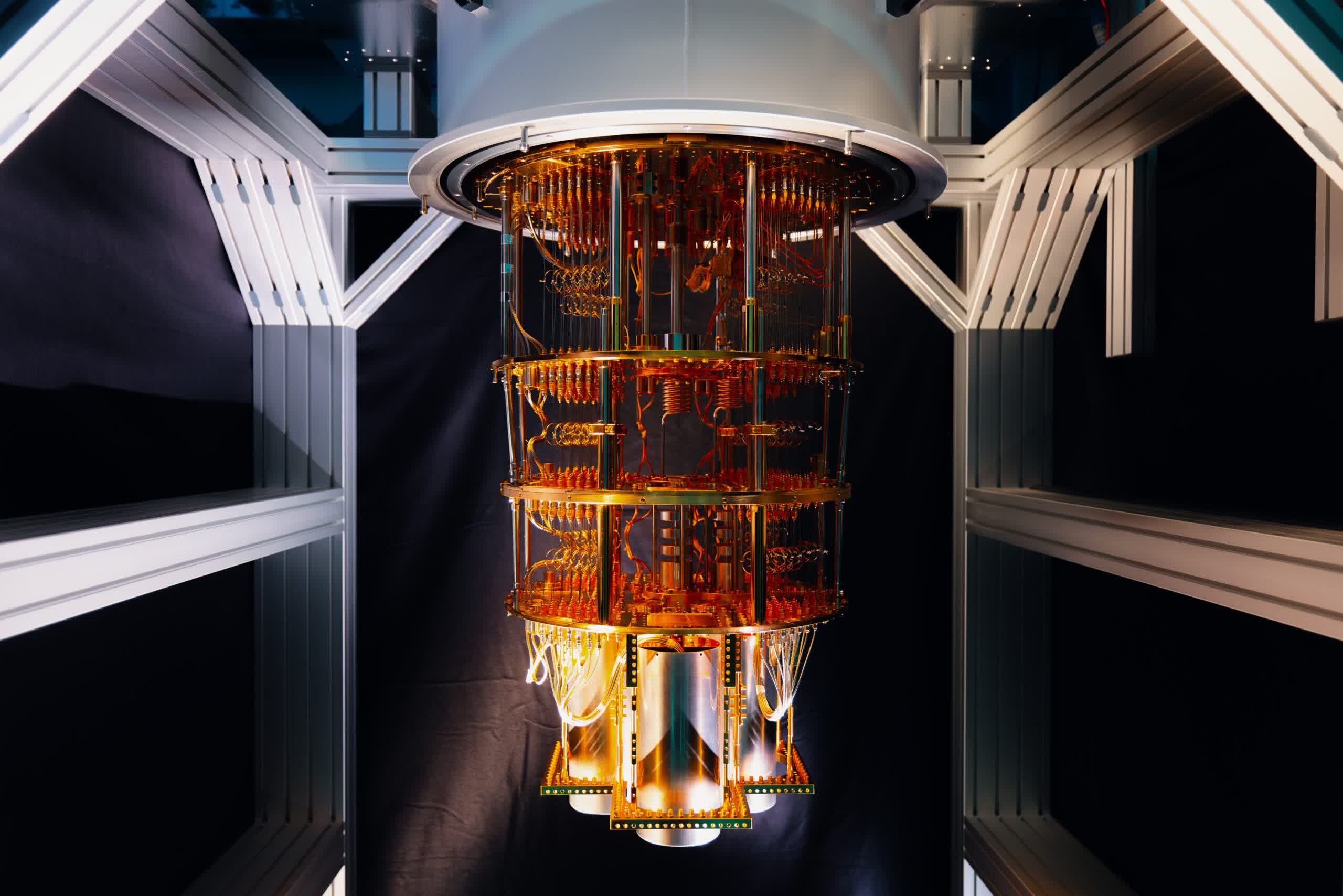A hot potato: Quantum computing is a bit like Heisenberg's uncertainty principle. One can observe it from a distance as an unparalleled revolution in human history, or delve into the specifics to ascertain whether these revolutionary claims have translated into any tangible progress in the computing industry.

The quantum computing revolution is already 25 years old, and Google has now declared that the competition against traditional computing is finally over. Quantum computers have reached a level of power that modern (or even future) supercomputers will not be able to attain, the search giant claimed. However, not everyone in the quantum community is completely convinced by this bombastic statement.
As reported by The Telegraph, a recent research paper authored by the Google Quantum AI team and multiple collaborators states that the new experimental quantum machine surpasses the capabilities of existing classical supercomputers. The paper, titled "Phase transition in Random Circuit Sampling," addresses the issue of noise in quantum computers.
According to the paper, signal interference competes with "coherent evolution and destroys long-range correlations," posing a significant challenge to fully harnessing the computational power of quantum processors. The Random Circuit Sampling (RCS) experiments appear to address this issue by employing a technique known as "cross-entropy benchmarking," which Google describes as "digital black magic," to effectively mitigate the impact of noise.

Google announced that it has successfully assembled 70 qubits, a significant increase compared to the 53 qubits found in a device from 2019. This advancement has enabled the company to achieve a groundbreaking level of quantum supremacy over contemporary supercomputers relying on CPUs and GPUs. While the most powerful HPC system available today (Frontier) could match a calculation made by the previous quantum device in 6.18 seconds, Google said it would take the same machine 47.2 years to match the power of the 70-qubit system.
Google's next-gen quantum computer is 241 million times more powerful than the 2019 device. It is also more powerful than recent quantum demonstrations from Chinese researchers, and it should put an end to the quantum supremacy controversy as it is "firmly in the regime of beyond-classical quantum computation."
Steve Brierley, CEO at a company interested in the potential business side of quantum computing (Riverlane), welcomed Google's self-promoted breakthrough as a "major milestone" for quantum supremacy. Sebastian Weidt, CEO of quantum startup Universal Quantum, said that quantum computers still need to demonstrate more practical functions. It's a "very nice demonstration of quantum advantage," Weidt said, but the algorithm described by Google researchers "does not really have real world practical applications" yet.